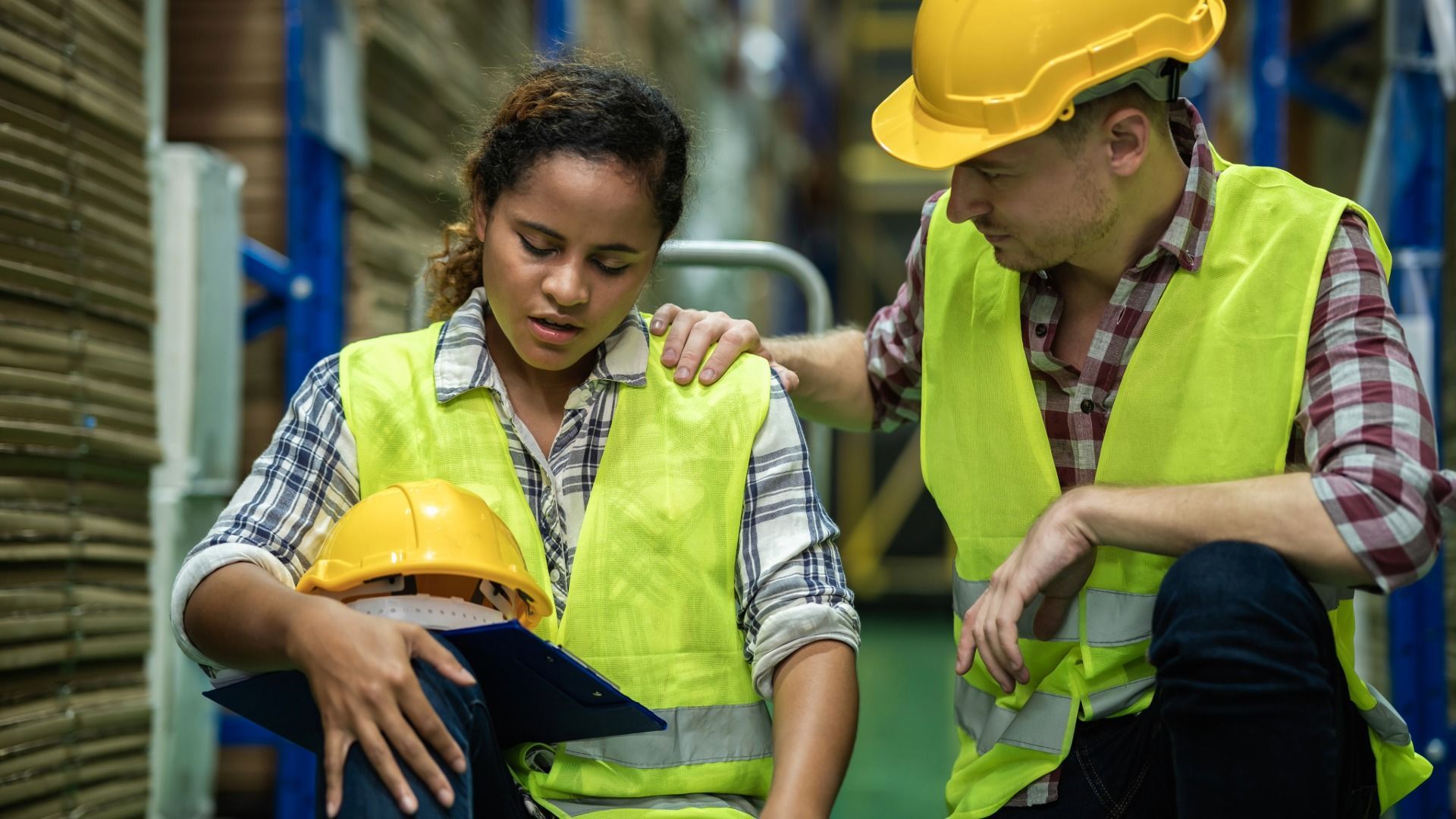Healthy Heads in Trucks & Sheds – National Mental Health and Wellbeing Roadmap for Road Transport and Logistics
Healthy Heads in Trucks & Sheds (HHTS) Foundation has launched a free National Mental Health and Wellbeing Roadmap for the road transport, warehousing, and logistics industries. The Roadmap is available now and free to all to download from the HHTS website.
HHTS is a non-for-profit foundation that exists to help industry leaders, managers, business owners and workers, tackle industry specific challenges regarding mental health and wellbeing. The National Mental Health and Wellbeing Roadmap for the road transport, warehousing, and logistics industries has been created by industry for industry and provides a unified plan for improving mental health and wellbeing right across the sector.
Chairman of the foundation Paul Graham said, “We want to change the conversation around mental health in the transport and logistics industry and begin treating mental wellbeing as importantly as physical wellbeing.
“In launching the Roadmap, we’re acknowledging we need a shared starting point to improve the collective mental health and wellbeing of our industry. This Roadmap sets out the plan for us all to rally behind and supports us in knowing where to go next.”
Deputy Prime Minister the Hon. Michael McCormack MP said, “Our nation’s truck drivers and logistics workers are vital to Australian communities and the economy. Improving mental health and wellbeing, right across industry, right across Australia, is needed now more than ever, which is why the Australian Government has provided $600,000 to this great initiative through the Heavy Vehicle Safety Initiative.”
The development of the Roadmap has been funded by the National Heavy Vehicle Regulator’s Heavy Vehicle Safety Initiative, supported by the Federal Government.
NHVR CEO Sal Petroccitto said the NHVR was proud to partner with HHTS to deliver the
Roadmap across all levels of the supply chain.
“The heavy vehicle industry is extremely resilient, but we need to continue to work together across the whole supply chain to ensure our workers feel supported and know they’re being heard when it comes to their mental health and wellbeing,” Mr Petroccitto said.
Assistant Minister for Road Safety and Freight Transport Scott Buchholz said it was important that workers in the transport, freight and logistics industry had the support and tools they needed to improve their health and wellbeing.
“It is important we provide people in the industry with the support they need, to have happier, healthier lives. I congratulate the NHVR and Healthy Heads in Trucks & Sheds on the important work they are doing,” Mr Buchholz said.
HHTS will coordinate implementation of the three-year Roadmap strategy across all levels of the sector whether it be small businesses or large, as the Foundation takes the first step toward making a significant impact, creating environments and workplaces where employees can thrive in what they do.
Source: Healthy Heads
Contact Us
Zenergy News

Tel. No.
1300 333 400
Our Offices
Sydney
25 Brisbane Street
Surry Hills NSW 2010
Melbourne
Level 23, Tower 5
Collins Square
727 Collins Street
Melbourne VIC 3008
Brisbane
Level 54
111 Eagle Street
Brisbane QLD 4000
Perth
108 St Georges Terrace
Perth WA 6000
Services
Quick Links
About Us






